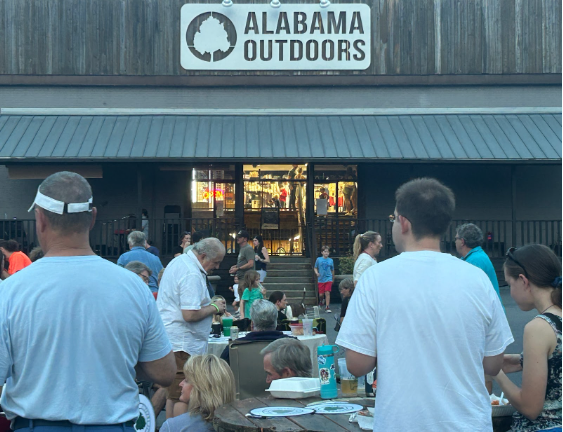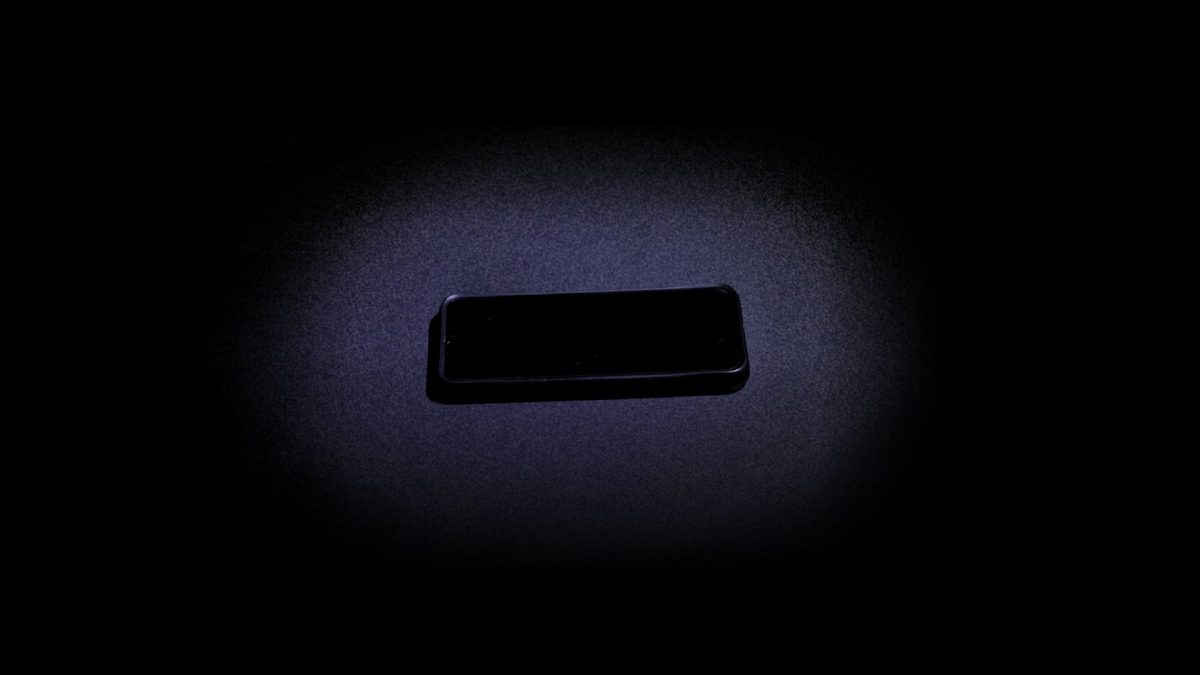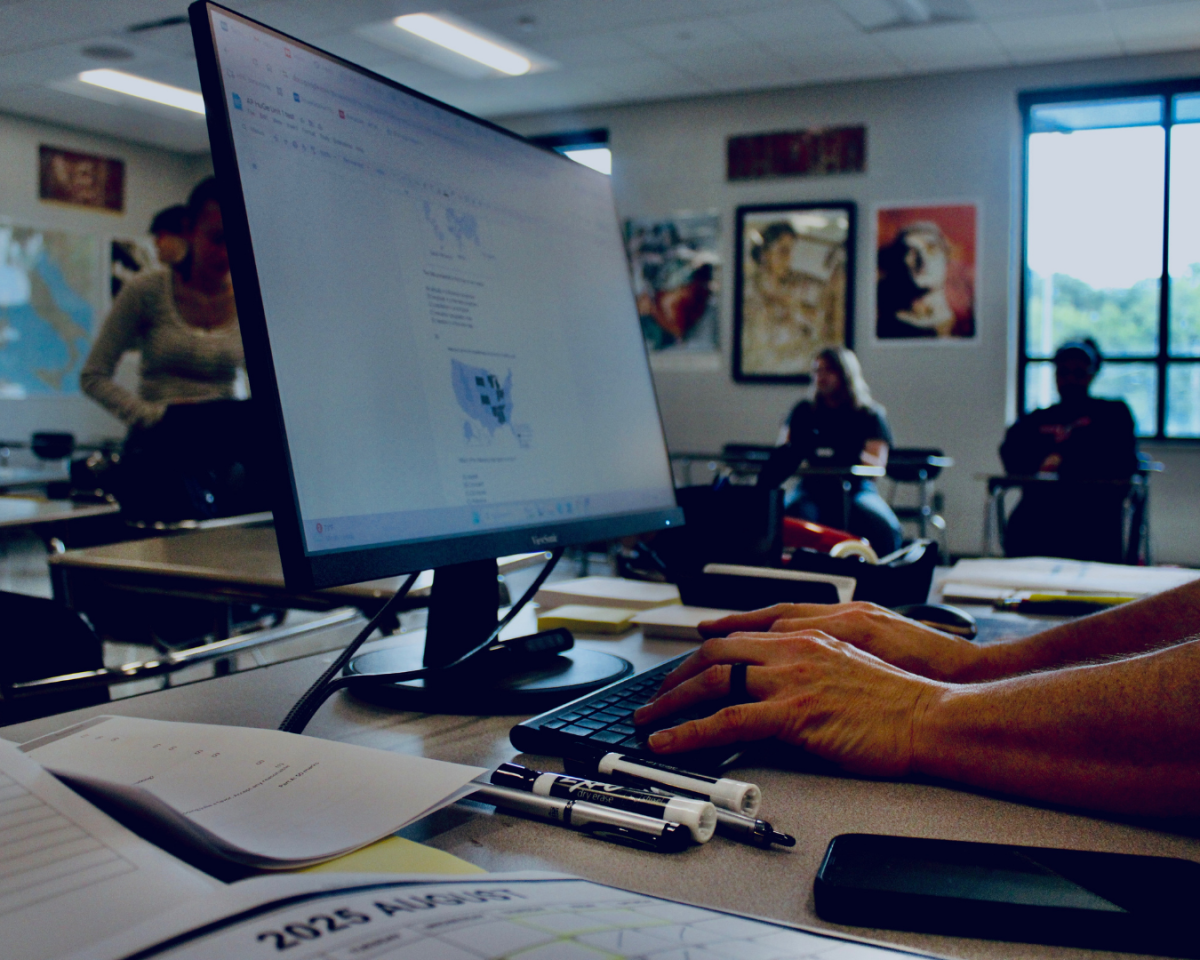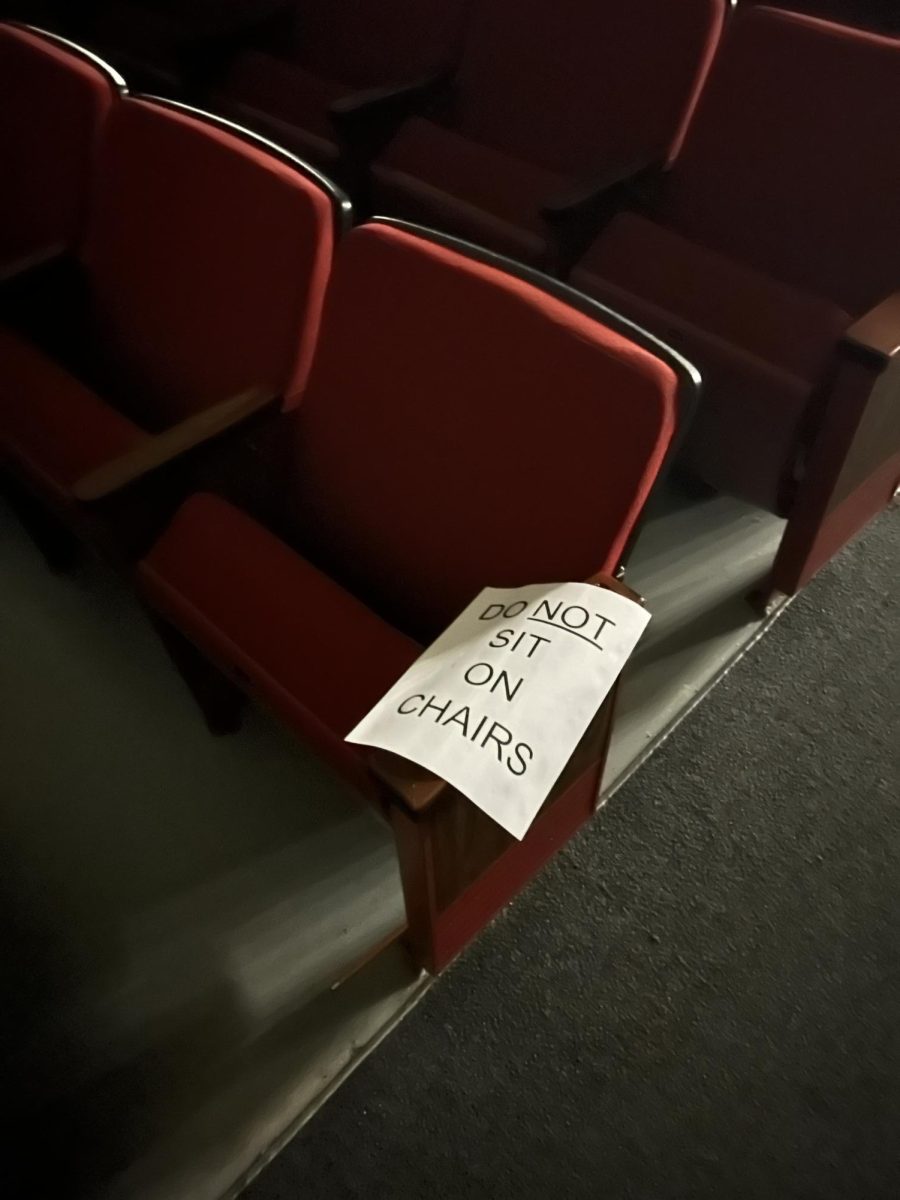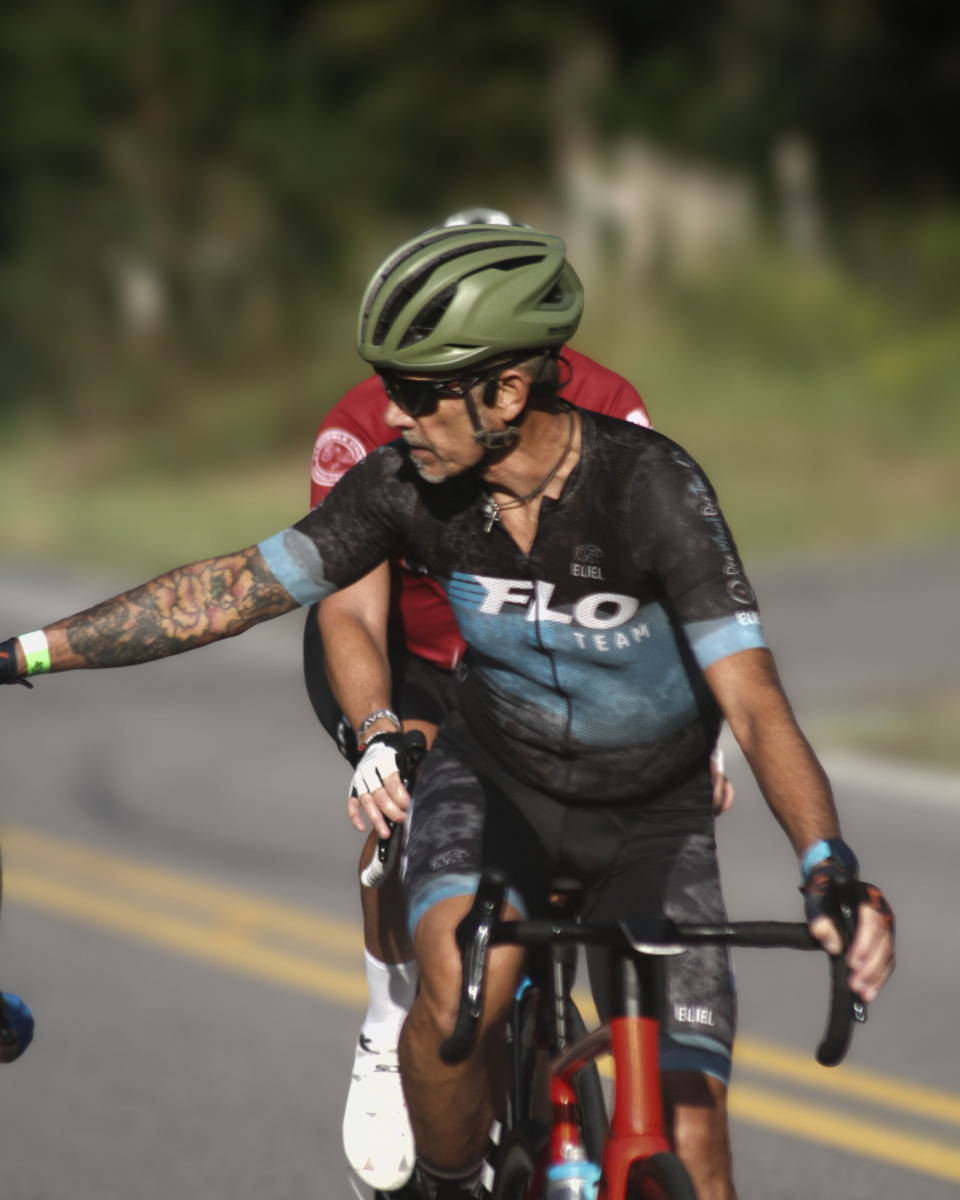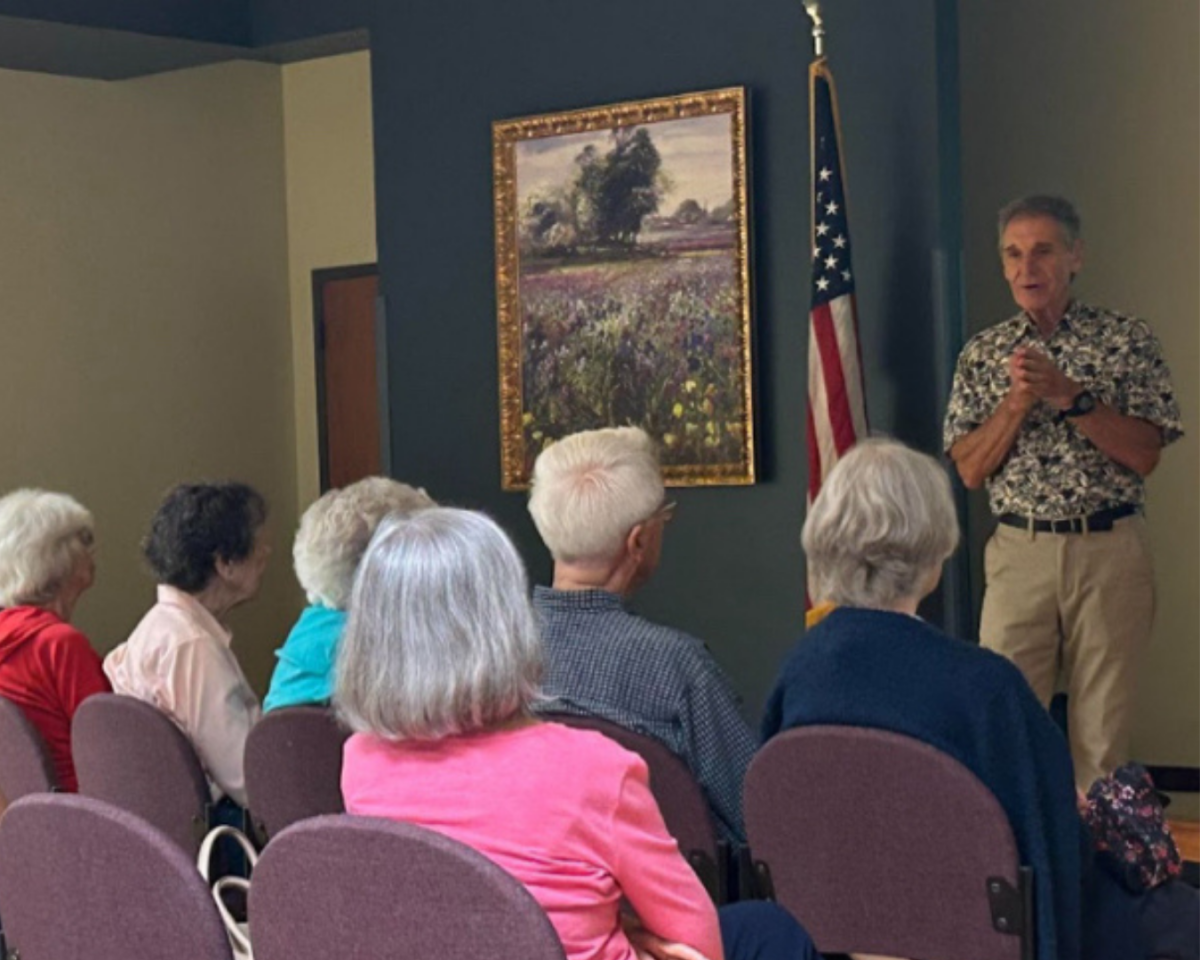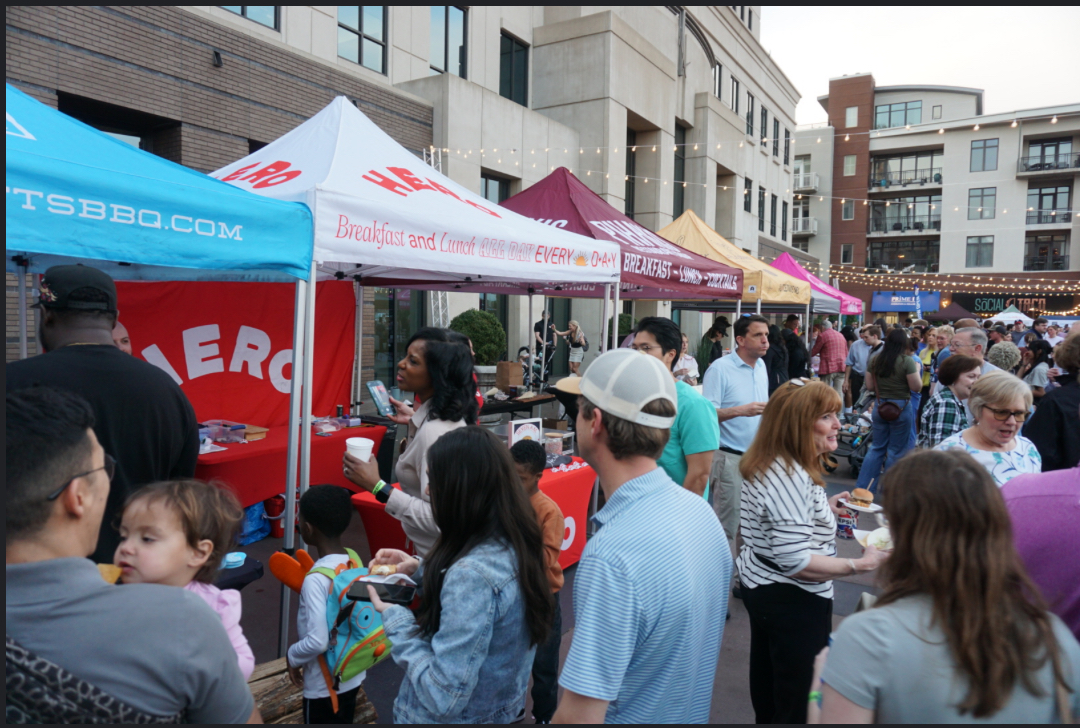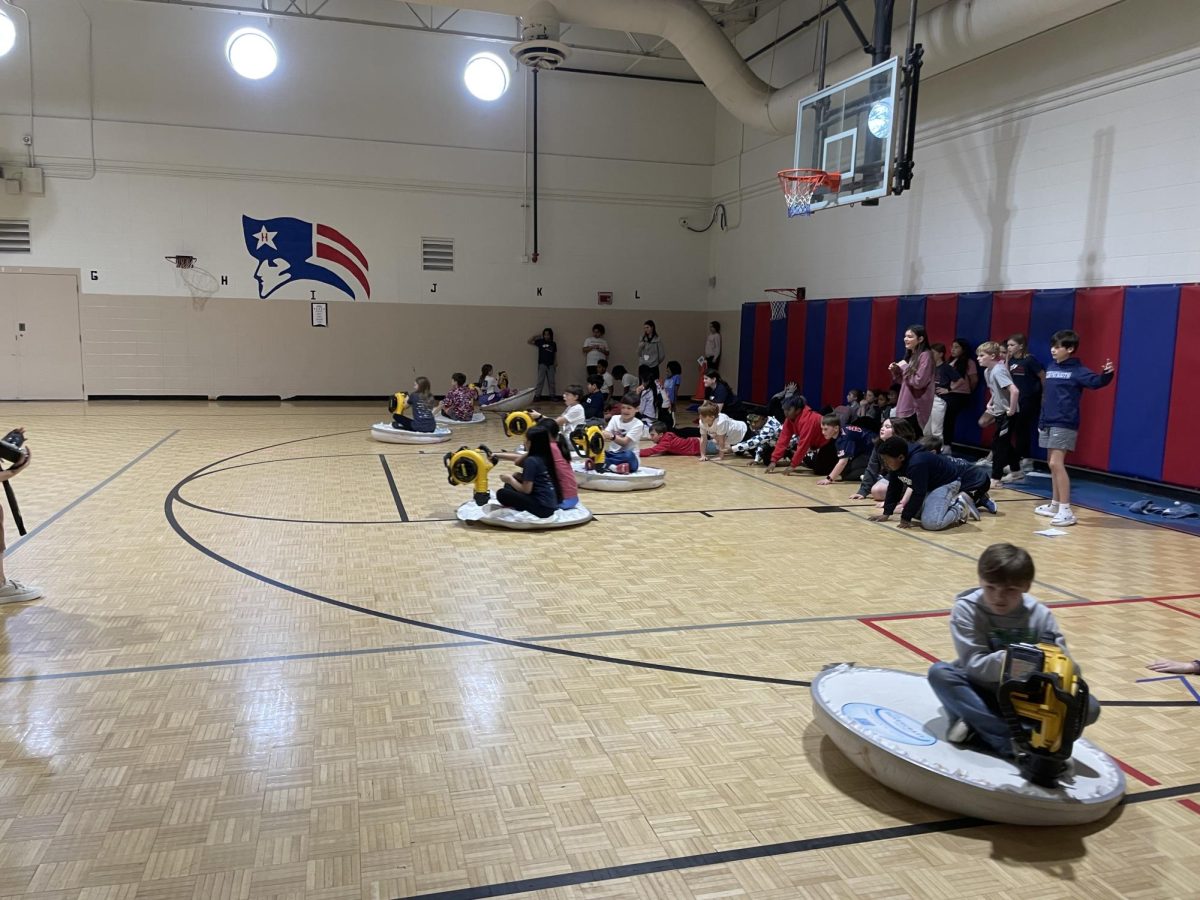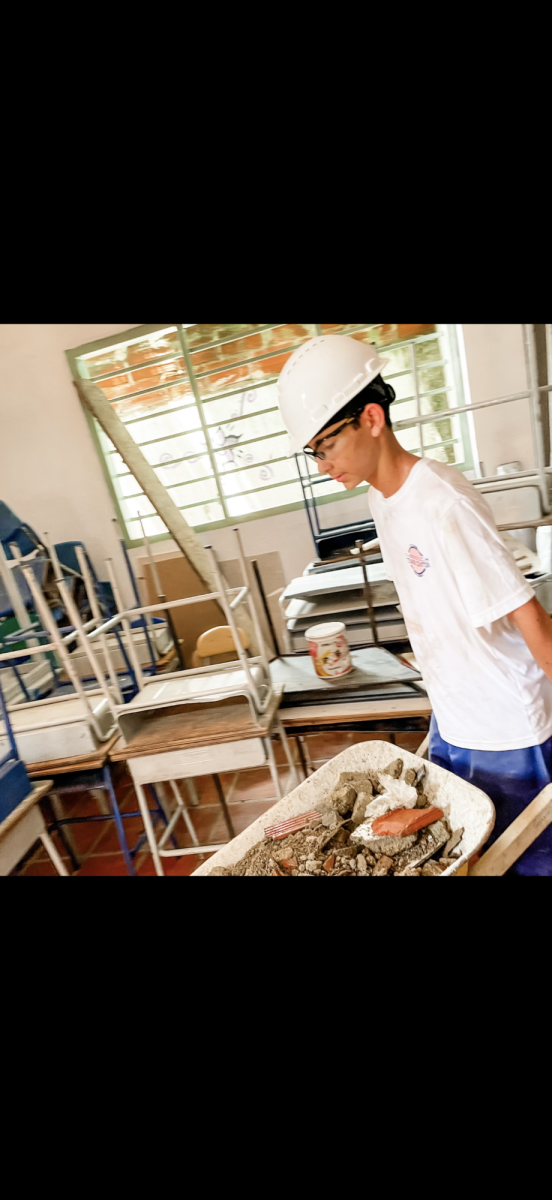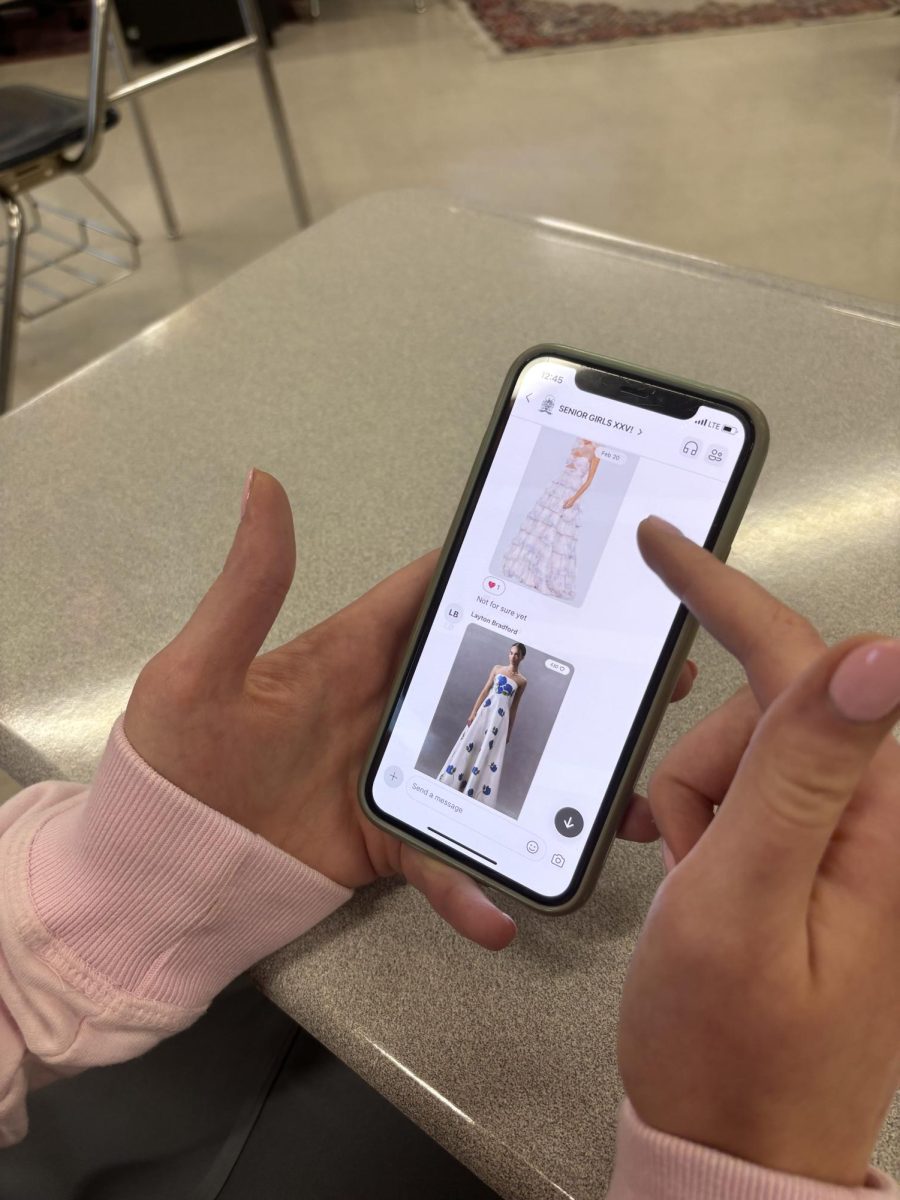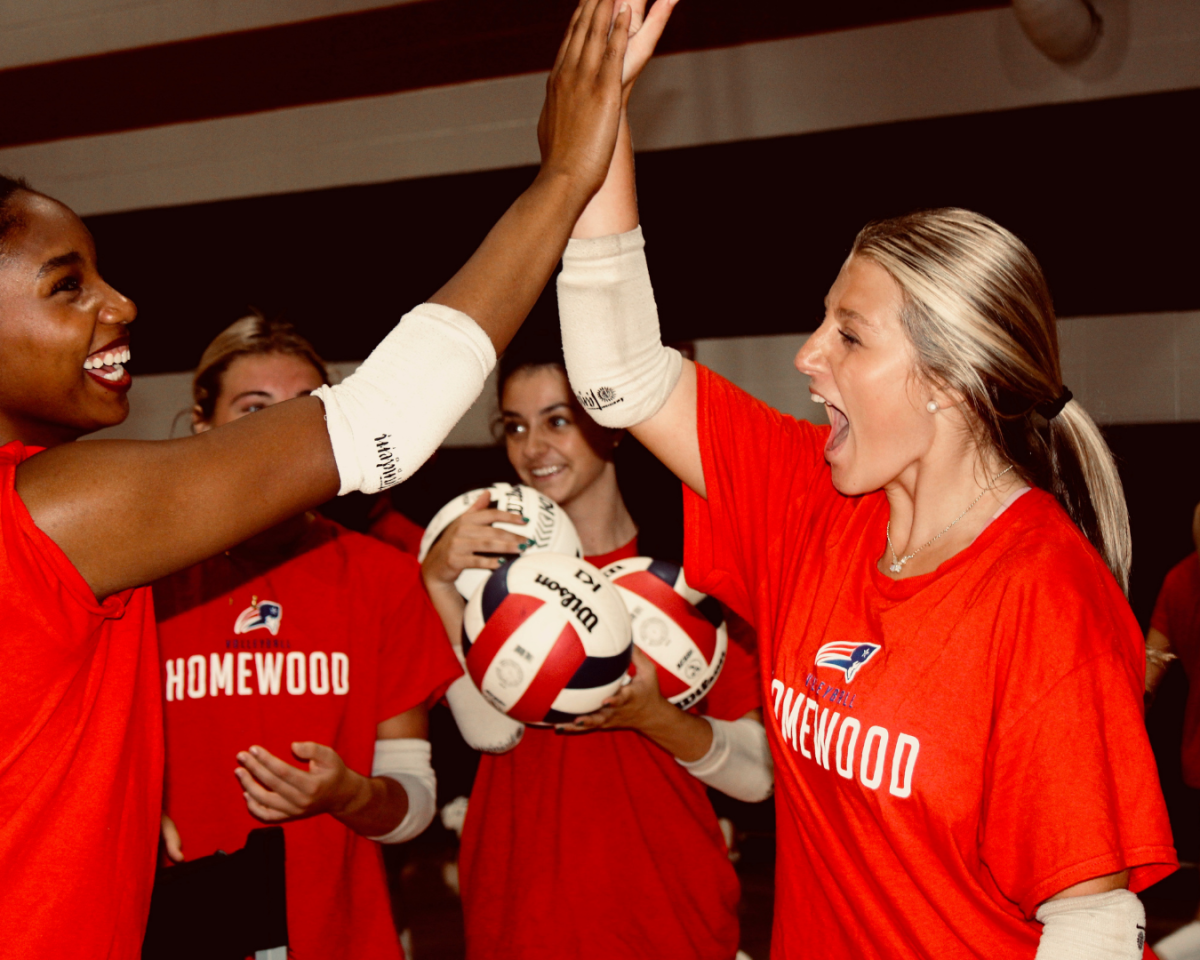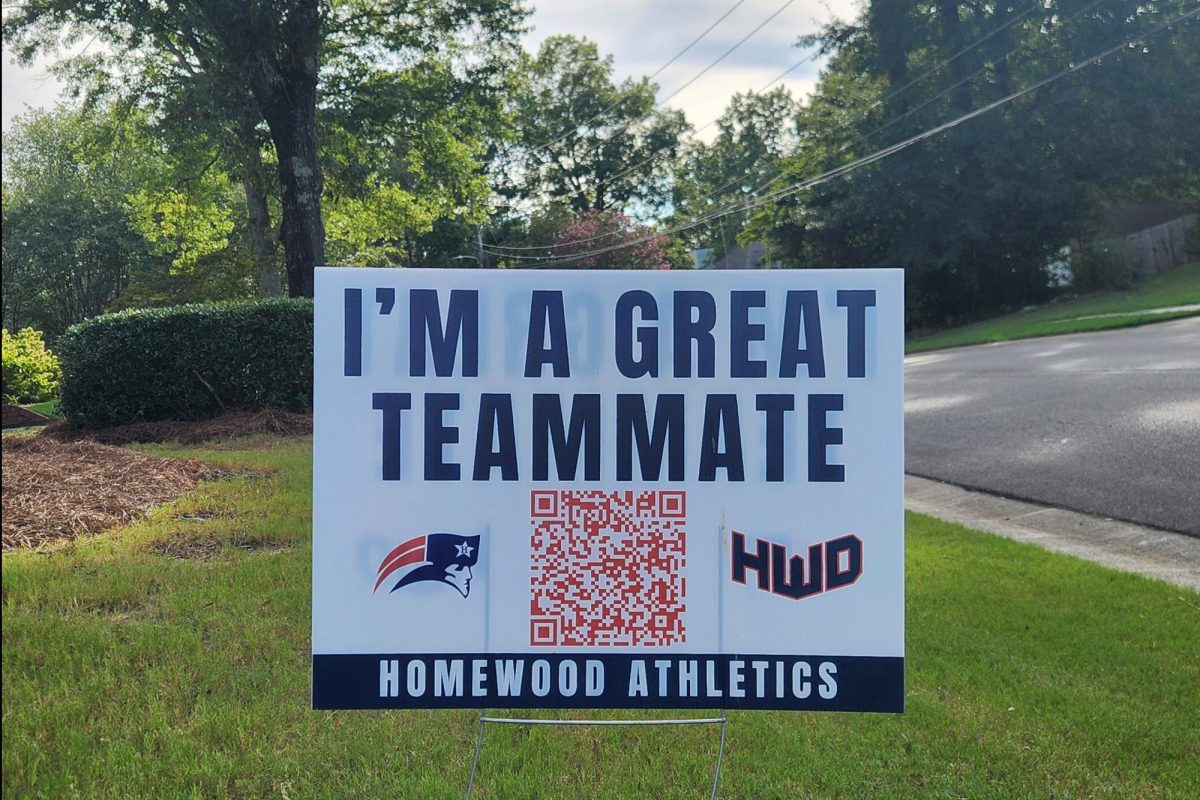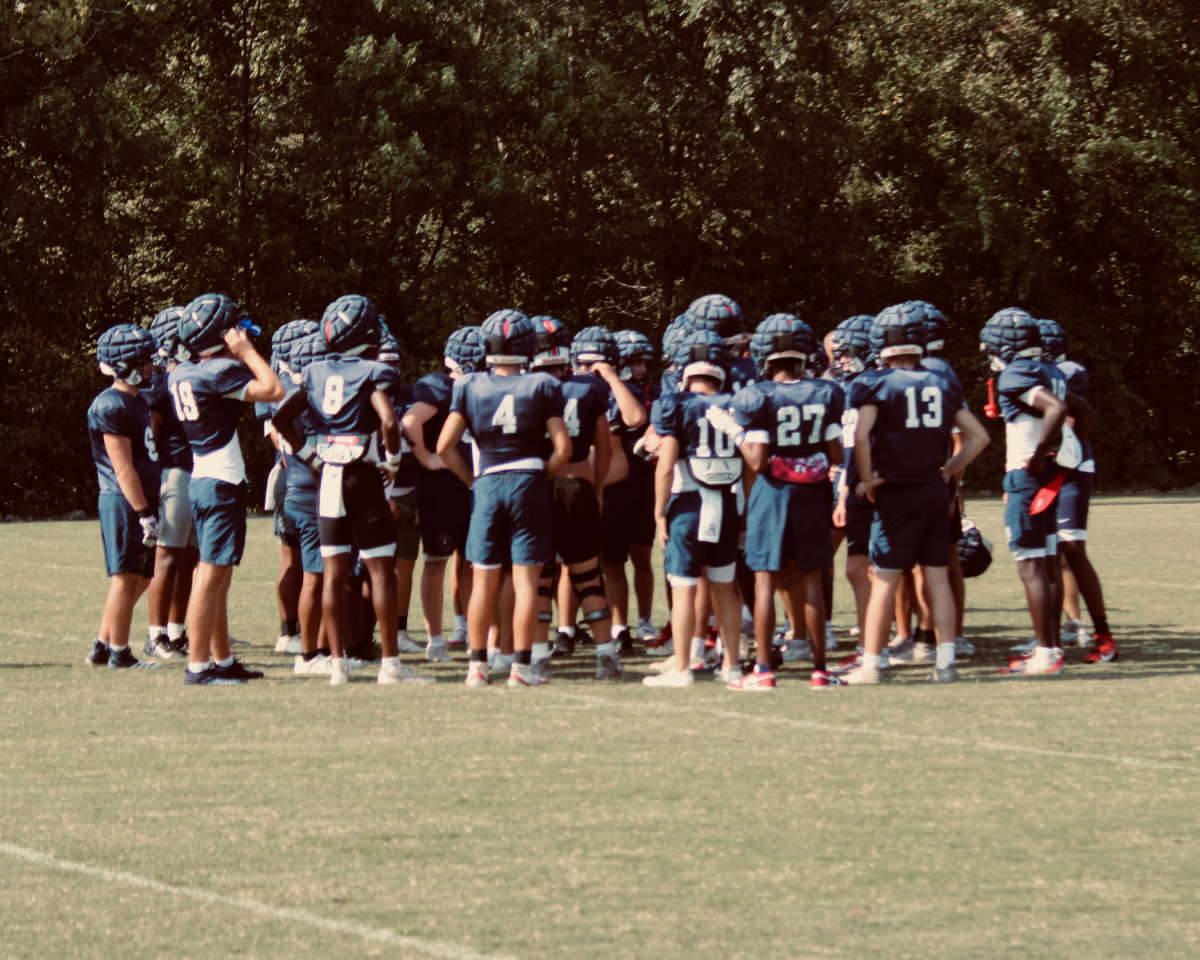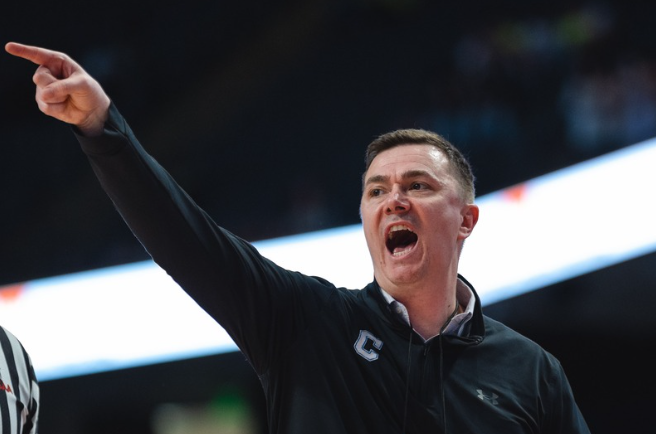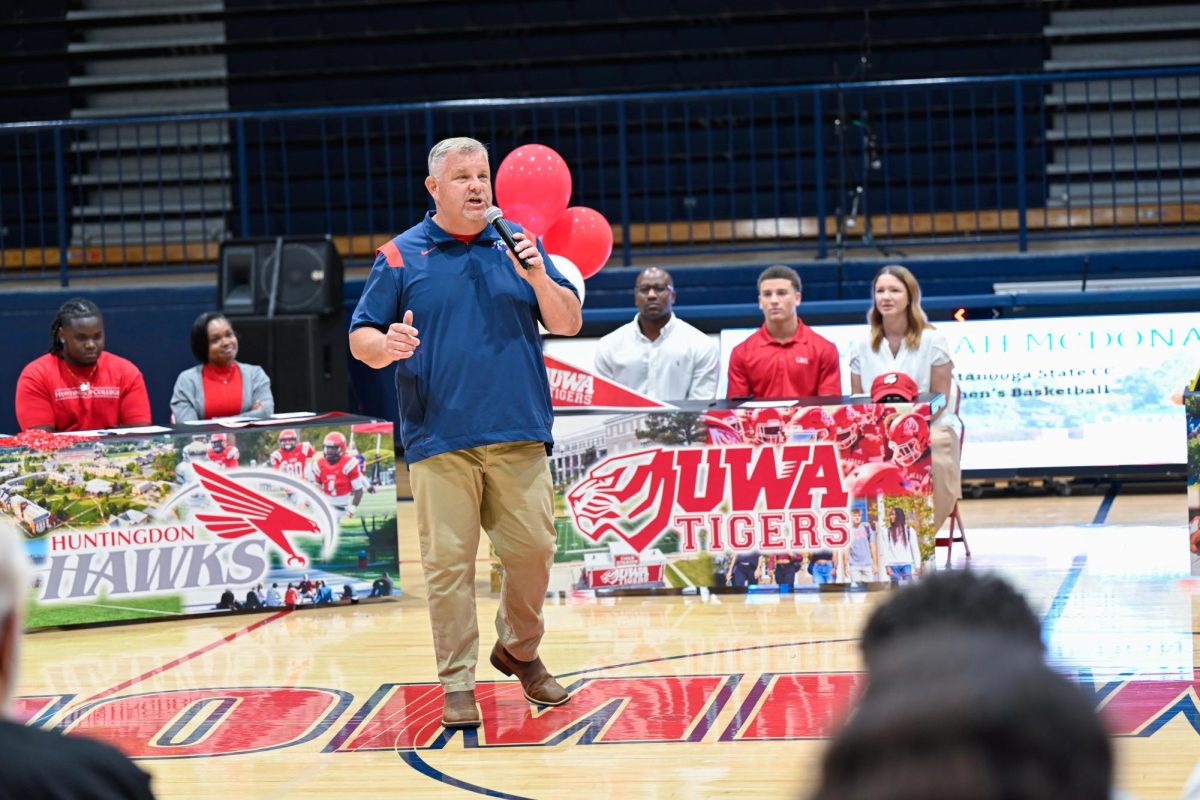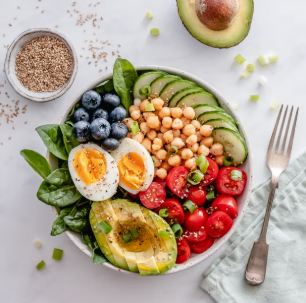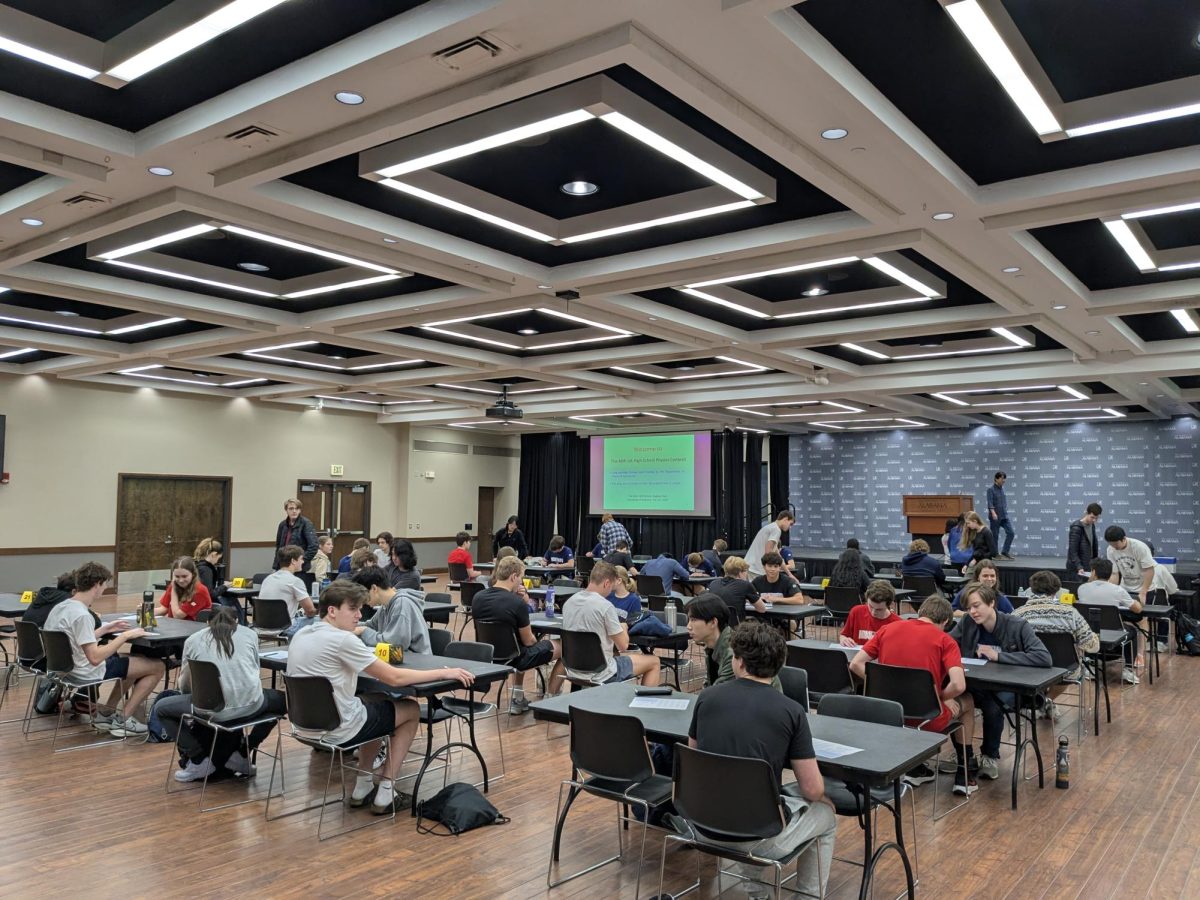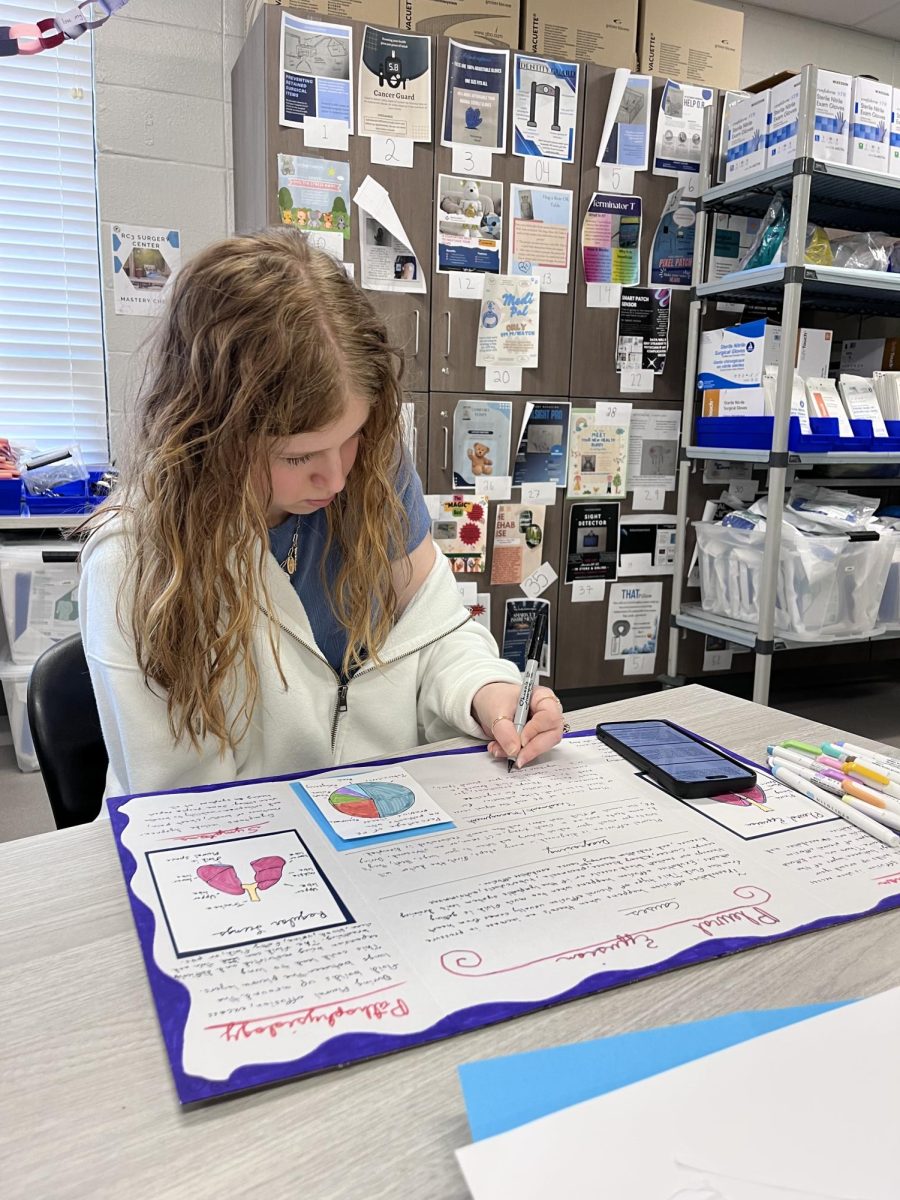Students returned from the 46th High School Physics Contest at the University of Alabama with three medals, two trophies, a pair of scholarship offers and an overall winner plaque for Homewood. However, for HHS physics teacher Jacob Helf, the experience of “an amazing day” may be the best prize.
Thirty-four students traveled to the competition at the Ferguson Center on Feb. 7, which was the school’s first trip in many years. Among those students were Hudson Winslett and Luke Binet who won first and second place overall, respectively, and were awarded an offer of four years’ tuition, should they decide to attend the University.
The competition also included a Q&A panel with faculty from the School of Physics and Astronomy, a physics show and a lunch break that offered students the chance to explore the college campus.
Helf enjoyed seeing a passion for physics spark outside the classroom while his students had the opportunity to put their learning to the test in a different setting and said it’s a good chance for them to practice what they learned in class.
“On the way home I’m listening to some of my juniors talk about next year, and they’re saying ‘Next year we’re going to get a physics club, and we’re going to teach each other how to do some of these extra things,’” he said. “So [competing] kind of got a little fire started underneath them, and my juniors who will continue with physics next year can carry the torch, and I think they could win too.”
As for the competition, students participated in an individual written test and a ciphering competition, where teams of four students compete against each other and earn an amount of points based on how quickly they turn in the correct answer. Homewood teams won first and third place, earning themselves trophies, but earned that top spot through a dramatic comeback against Auburn High School.
Helf said Auburn’s two teams held both first and second place going into the final round, when Winslett sat down as Homewood’s final tester. He said he actually prefers to go first in ciphering to get the practice question, but still managed to answer all four questions correctly earning the 20 maximum points and rocketing his ciphering team to first place.
Students are able to observe the ciphering portion of the competition, and Helf said the comeback was both “dramatic” and “hype.”
“They’d flash a problem up there, and [Winslett] would scribble something down, and we were like ‘He’s got it!,’” Helf said. “And then to see the score update (on the board), because in theory he could be wrong. But we’re waiting to see the score update and then all of the sudden you see the points climb up.”
Winslett said he prepared the night before by working through practice problems and said his fourth and final question was similar to one he practiced, but had never seen before his practice. It involved a spring with friction and determining how far that spring would push a block.
“I know this relationship because of the ciphering problems I had seen the night before,” Winslett said. “I write down 1 immediately.”
He then looked over to his opponent on the right who continued working on this final question.
“I had already turned mine in and was just waiting,” he said. “They continue to scribble. They continue to scribble. And in the end I got it right and they got it wrong, and we win 40-38.”
Winslett likened his team’s reaction more to a “golf match,” as there was definite excitement in the room, but students mostly keep a lid on the celebrating.
For him, preparation was the key to his team’s success and finishing first overall for the written test.
“The reason I was able to do so well in those categories is, rather than just understanding the concepts behind each problem, I created my own equations and relationships to solve for each of those types of problems,” Winslett said.
The competition ended with the awards ceremony, and Helf encouraged every one of his students to go on stage to accept their overall winner award. Among those students was junior Micah Snow, who finished sixth overall, good enough to earn the Best First-Year Physics Student award.
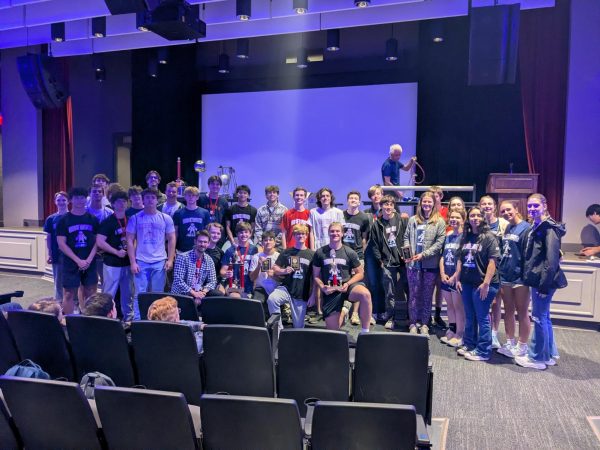
While he performed well on both tests, Snow said he prefers the written test to ciphering because there’s less pressure.
“If you get confused or a little overwhelmed with one question, you can pause and take a breather instead of having to frantically keep scribbling to finish,” he said.
But for Snow, going to the competition was anything but frantic or overwhelming. He said similar to math team competitions, he doesn’t want to get caught up in overpreparing or focusing on results. He just wants to enjoy engaging with the material.
“I enjoyed the tournament, but it was mainly because I enjoyed the physics,” he said. “I wasn’t like ‘I’ve got to crush the competition,’ right? So I hope to do well next year, but really I just want to go for the fun physics.”
Snow also said he appreciated the panel discussion where students had the opportunity to ask professors questions about their various fields of study.
“I think it was just really interesting to hear people who were so passionate about their academic subjects, and it made me want to do more physics,” Snow said.
Helf wants to return next year and continue to support the tournament after some of its momentum was lost following a four-year hiatus that began in 2020. Despite a successful showing, Helf said he would like to practice more prior to the competition next year to help his students deal with the pressures of the tournament’s format.
“They’re not used to sitting there and having a timer go off every 40 seconds that indicates how many points you would get if you got it right,” he said. “It just changes the mindset of how they can work through problems.”
The competition rules state that “students having tattoos of physics formulas will be allowed to participate only if the tattoos are completely covered by clothing.” This year, Helf didn’t have to worry about his students showing up with a tribal-style “F=ma” inked on their tricep. But after such a successful competition inflated many students’ passion for physics, that may not be the case next year.

